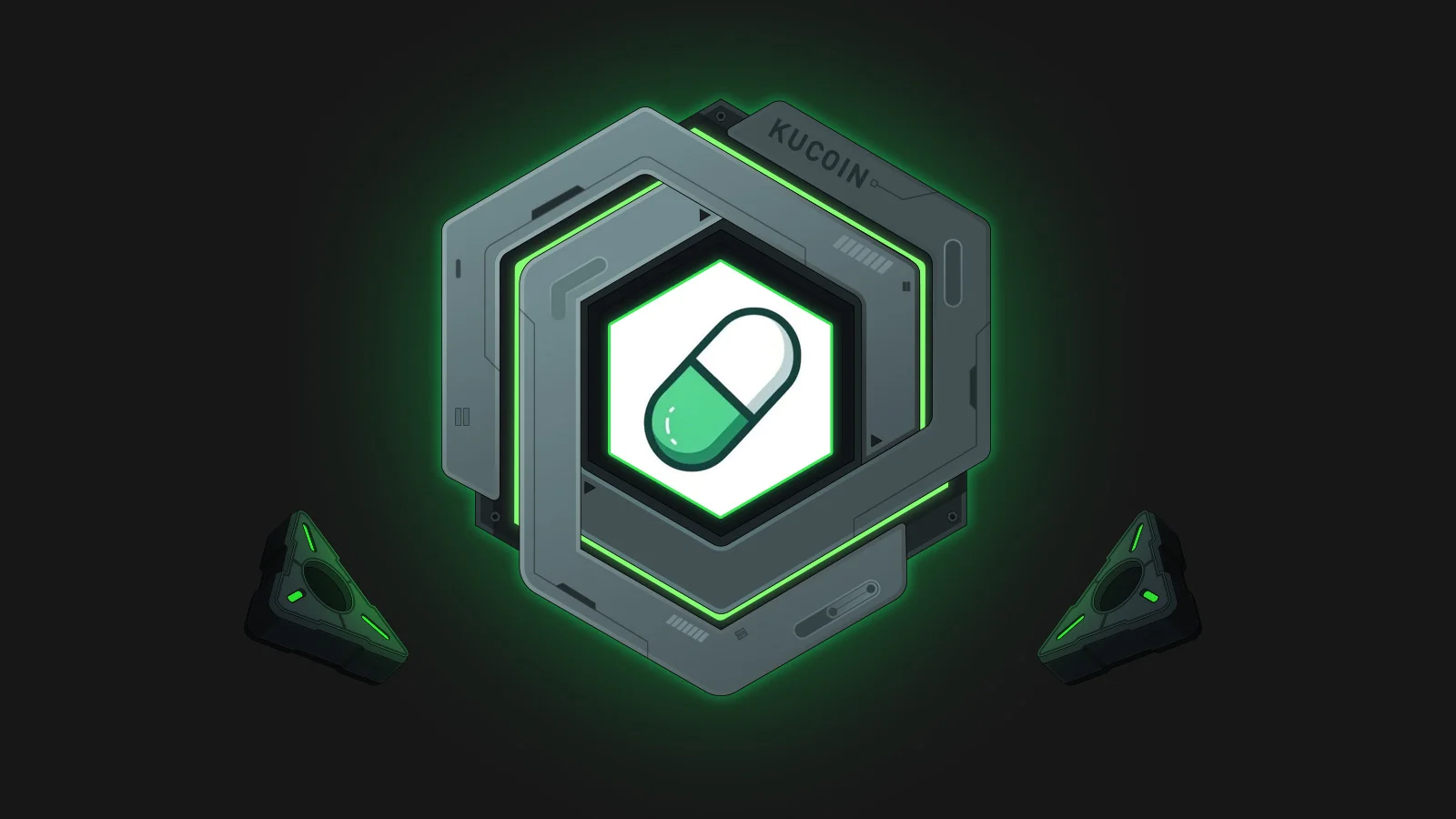Pump.fun Revives Live Streaming Amid Memecoin Market Slump
07.04.2025 18:00 2 min. read Alexander Stefanov
After months of absence, Pump.fun has reintroduced live streaming, aiming to restore the feature with better moderation practices.
Alon Cohen, co-founder of the Solana-based memecoin platform, announced the return on April 4, highlighting new safeguards designed to manage content more effectively. Initially, only 5% of users will have access to the revamped feature.
Pump.fun paused live streaming five months ago due to a surge of harmful content as memecoin creators resorted to extreme tactics to draw attention to their tokens. The platform, overwhelmed by rapid growth and moderation challenges, decided to take a break from live streaming to develop a more robust system.
The updated policy now bans violent, abusive, or explicit content while maintaining some flexibility regarding what is deemed appropriate. The platform reserves the right to moderate content as needed, aiming to balance creativity with safety.
This revival comes amid a downturn in the memecoin market. Notable tokens like Trump (TRUMP) have seen sharp declines, losing over 90% since January, while major projects such as Libra (LIBRA) and Melania Meme (MELANIA) faced backlash after being labeled as rug pulls.
Data from Dune Analytics shows a significant drop in successful token launches on Pump.fun, with the graduation rate—the percentage of tokens reaching tradeable market caps—falling below 1%. Token launches on Solana have also decreased dramatically, reflecting the broader slowdown in the memecoin sector.
With live streaming back, Pump.fun aims to regain user engagement while carefully navigating the challenges posed by past controversies and a declining market.
-
1
Warren Buffett Narrows His Bets as He Prepares to Step Down
14.06.2025 16:00 2 min. read -
2
Why Gold Could Be the Smart Play Amidst US Debt Surge
11.06.2025 11:00 1 min. read -
3
MEXC Sets Up $100M Emergency Fund to Protect Users From Major Security Incidents
12.06.2025 11:00 1 min. read -
4
NFTs Quietly Evolve Into Core Digital Infrastructure
13.06.2025 17:00 2 min. read -
5
Peter Thiel-Backed Bullish Quietly Files for IPO as Crypto Firms Eye Wall Street
11.06.2025 22:00 1 min. read
Key U.S. Events to Watch This Week That Could Impact Crypto
The first week of July brings several important developments in the United States that could influence both traditional markets and the cryptocurrency sector.
Here Is How Your Crypto Portfolio Should Look Like According to Investment Manager
Ric Edelman, one of the most influential voices in personal finance, has radically revised his stance on crypto allocation. After years of cautious optimism, he now believes that digital assets deserve a far larger share in investment portfolios than ever before.
GENIUS Act Could Reshape Legal Battle over TerraUSD and LUNA Tokens
In the case involving Terraform Labs and its co-founder Do Hyeong Kwon, the defense has asked the Federal Court for the Southern District of New York to extend the deadline for pretrial filings by two weeks, pushing it beyond the original date of July 1, 2025.
Coinbase Surges 43% in June, Tops S&P 500 After Regulatory Wins and Partnerships
Coinbase has emerged as the best-performing stock in the S&P 500 for June, climbing 43% amid a surge of bullish momentum driven by regulatory clarity, product innovation, and deeper institutional interest in crypto.
-
1
Warren Buffett Narrows His Bets as He Prepares to Step Down
14.06.2025 16:00 2 min. read -
2
Why Gold Could Be the Smart Play Amidst US Debt Surge
11.06.2025 11:00 1 min. read -
3
MEXC Sets Up $100M Emergency Fund to Protect Users From Major Security Incidents
12.06.2025 11:00 1 min. read -
4
NFTs Quietly Evolve Into Core Digital Infrastructure
13.06.2025 17:00 2 min. read -
5
Peter Thiel-Backed Bullish Quietly Files for IPO as Crypto Firms Eye Wall Street
11.06.2025 22:00 1 min. read


